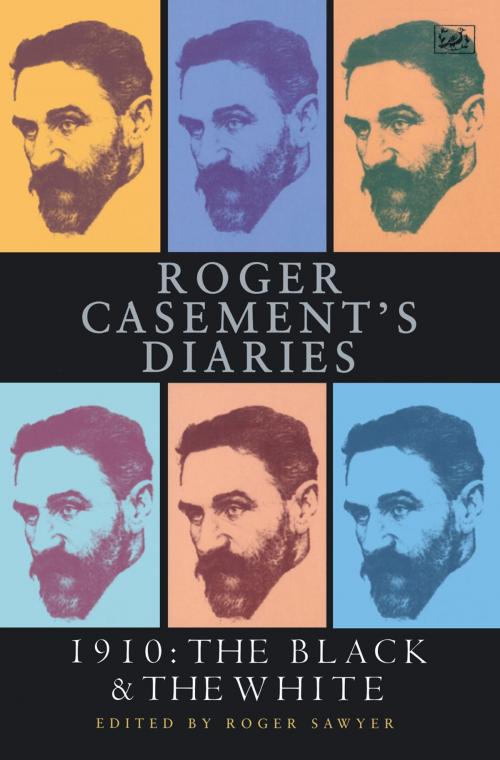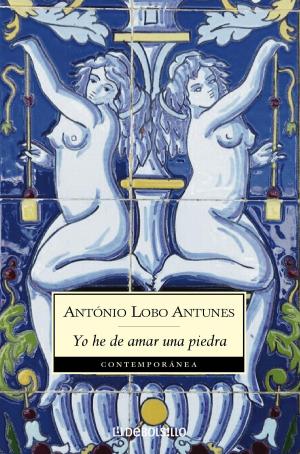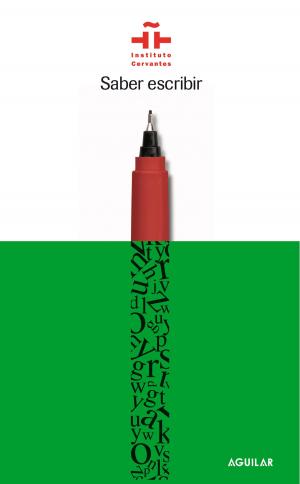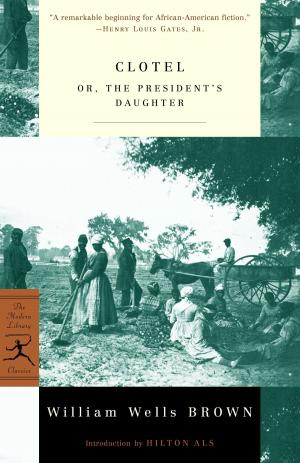Roger Casement's Diaries
1910:The Black and the White
Nonfiction, History, British, Biography & Memoir, Historical| Author: | Roger Sawyer | ISBN: | 9781446413333 |
| Publisher: | Random House | Publication: | December 15, 2010 |
| Imprint: | Vintage Digital | Language: | English |
| Author: | Roger Sawyer |
| ISBN: | 9781446413333 |
| Publisher: | Random House |
| Publication: | December 15, 2010 |
| Imprint: | Vintage Digital |
| Language: | English |
Born in Ireland in 1864 Roger Casement acted as British Consul in various parts of Africa (1895-1904) and Brazil (1906-11) where he denounced atrocities among Congolese and Putumayo rubber workers. knighted in 1911, He returned to Ireland, where as an ardent nationalist he attempted to enlist German help for the cause. He was hanged for high treason in London in 1916. A compulsive diary writer, his so-called 'Black' Diaries were finally released into the public domain in 1994. At the time of his trial, these diaries-detailing his promiscuous homosexual activities in Brazil-were used to condemn him and, subsequently, to poison his reputation. Published here for the first time-as are his more public 'White' Diaries of the same year-they not only offer the reader the opportunity to judge their authenticity-still a matter of heated debate-but they also take us deep into the mind of the bravest, most selfless and practical humanitarian of the Edwardian age.
Born in Ireland in 1864 Roger Casement acted as British Consul in various parts of Africa (1895-1904) and Brazil (1906-11) where he denounced atrocities among Congolese and Putumayo rubber workers. knighted in 1911, He returned to Ireland, where as an ardent nationalist he attempted to enlist German help for the cause. He was hanged for high treason in London in 1916. A compulsive diary writer, his so-called 'Black' Diaries were finally released into the public domain in 1994. At the time of his trial, these diaries-detailing his promiscuous homosexual activities in Brazil-were used to condemn him and, subsequently, to poison his reputation. Published here for the first time-as are his more public 'White' Diaries of the same year-they not only offer the reader the opportunity to judge their authenticity-still a matter of heated debate-but they also take us deep into the mind of the bravest, most selfless and practical humanitarian of the Edwardian age.















